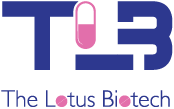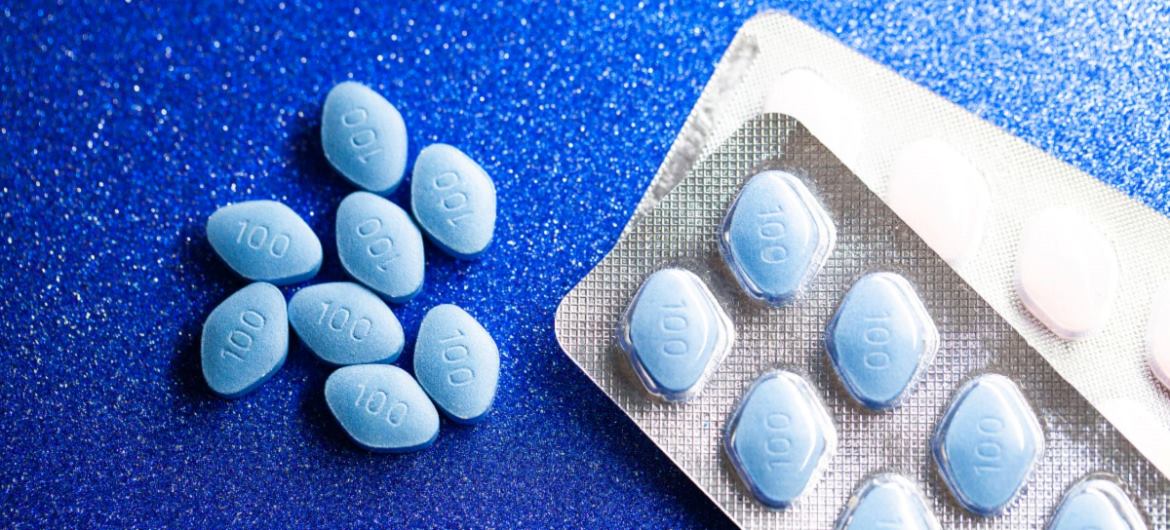Introduction
Sildenafil, a tiny blue tablet known by its brand name Viagra, is popular for its remarkable ability to rekindle intimacy in the lives of countless men. Yet, there’s more than meets the eye. Beyond its prowess in the bedroom, many have wondered about its effects on blood pressure and heart rate. In this blog, we’ll shed light on sildenafil 100mg tablets, its primary uses, doses, potential side effects, and the intricate relationship it shares with our cardiovascular system.
Understanding Sildenafil 100mg Tablet’s Primary Uses
Sildenafil, a phosphodiesterase type 5 (PDE5) inhibitor, was initially developed to treat angina (chest pain) and hypertension (high blood pressure). PDE5 is an enzyme that plays a role in regulating blood flow. By inhibiting PDE5, sildenafil promotes vasodilation, which means it relaxes the smooth muscles in blood vessels, leading to an increase in blood flow. However, during clinical trials, it was found to have a significant side effect: it induced erections in male patients. This discovery led to its primary use as an ED pill, revolutionizing the field of sexual medicine.
Sildenafil for Pulmonary Hypertension
Sildenafil’s effectiveness in PAH treatment stems from its ability to dilate blood vessels within the lungs. When administered, sildenafil inhibits phosphodiesterase type 5 (PDE5), an enzyme that plays a role in regulating blood flow. By blocking PDE5, sildenafil facilitates vasodilation, which means that it relaxes the smooth muscle cells lining the blood vessels in the pulmonary circulation.
This relaxation effect on the pulmonary blood vessels has a profound impact. It leads to a reduction in the resistance within these vessels, allowing blood to flow more freely and with less effort. As a result, the pressure within the pulmonary arteries decreases, alleviating the burden on the right side of the heart.
Does Sildenafil Lower Blood Pressure?
One of the intriguing aspects of sildenafil is its potential to lower blood pressure. This effect stems from its ability to relax blood vessels throughout the body. While this can be advantageous for those with high blood pressure, it also introduces a complex balancing act. The degree to which sildenafil tablets lower blood pressure is not uniform across all individuals. It varies based on a multitude of factors, including the dosage of sildenafil used, individual physiology, and the presence of other medical conditions or medications.
Why is Sildenafil contraindicated for Hypertension?
Hypertension is a condition characterized by elevated blood pressure levels. It’s often referred to as the “silent killer” because it can progress without noticeable symptoms until it reaches a critical stage. The increased pressure within the blood vessels puts extra strain on the heart and can lead to a range of complications, including heart attacks, strokes, and organ damage.
The side effects of sildenafil 100mg tablet for pulmonary hypertension or individuals with uncontrolled high blood pressure (hypertension) are not arbitrary. Sildenafil’s primary mechanism of action involves relaxing blood vessels throughout the body, which can lead to a reduction in blood pressure. While this property can be advantageous for those with normal blood pressure or ED, it becomes a concern when applied to individuals with already elevated blood pressure levels.
The reduction in blood pressure induced by sildenafil can be significant, and for individuals with hypertension, this sudden drop may lead to dangerously low blood pressure levels. Such a drop in blood pressure can result in dizziness, fainting, and other adverse effects, potentially putting the individual at risk for serious health complications.
Side Effects
Like any medication, sildenafil 100mg tablets are not without side effects. Common side effects include
- Headache
- Flushing
- Upset stomach
- Nasal congestion
- Skin redness
- Vision changes
These effects may be more pronounced at higher doses.
Maximum Doses of Sildenafil
The maximum recommended dose for sildenafil is typically 100 mg per day for ED. However, the maximum dose of sildenafil for pulmonary hypertension (PAH) patients often starts with a lower dosage, typically 20 mg of sildenafil taken three times daily.
The choice of dosage should align with the intended purpose of the medication, and healthcare providers play a pivotal role in making these determinations.
Generic Viagra: Cost-Effective Alternatives
Viagra, the brand name for sildenafil, can be costly. However, the advent of generic versions has made this medication more accessible and affordable. Generic sildenafil tablet 100mg contains the same active ingredient as the brand-name counterpart but is available at a lower price point. This development has opened doors for individuals seeking cost-effective solutions as they can opt for a wallet-friendly alternative that offers the same degree of relief and improved quality of life.
Conclusion
Sildenafil is a versatile medication with primary uses for ED and PAH. Its impact on blood pressure and heart rate necessitates careful consideration, especially in individuals with hypertension. Healthcare professionals play a crucial role in evaluating the risks and benefits of sildenafil 100mg tablets on a case-by-case basis. As with any medication, it is essential to follow prescribed dosages and consult with a healthcare provider to ensure safe and effective treatment. Ultimately, the decision to use sildenafil 100mg tablets should prioritize the well-being of the individual, taking into account their specific medical needs and circumstances.



